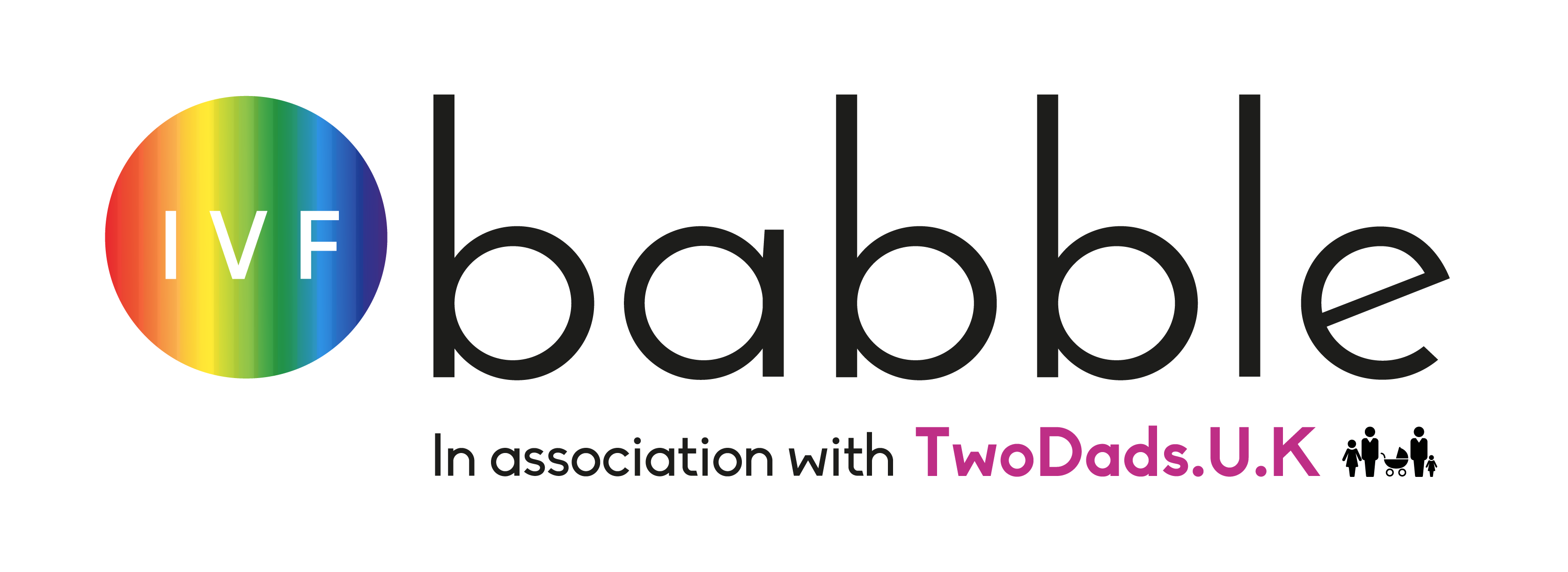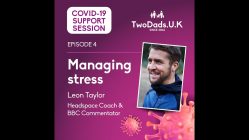We had a conversation recently with a lovely woman who told us that she wishes she had been more aware of her body and fertility at a younger age. This is something we can all most certainly relate to. She said her one regret was not getting checked out earlier and that she wishes she had heard the expression ‘fertility MOT’ in her early twenties.
“Hindsight is a great thing, of which I have gained plenty, on my 3 year fertility journey. (I am 38). I have learnt so much about my body since trying to get pregnant, but the process has left me feeling so cross with myself at times. Cross that I was on the pill for so long. Cross that I assumed that as soon as I came off the pill I would get pregnant. Cross that I drank too much as a young adult. Cross that I smoked. Cross that I didn’t know that this would be so hard!! I don’t regret the fun times I had growing up, but, I just wish someone had told me 15 years ago to just be a little bit more aware about my fertility and my body. I woud have most definatley started trying for baby a lot earlier.
So, if there is one thing I am taking from this journey so far, is that when I do become a mother, I will tell my child when they are old enough, to have a fertility MOT. I have already told my young nieces, much to their amusement, that they should plan for one soon (they are 18!). I know they will thank me for this one day though”.
We turned to Michael Kiriakidis MD, M.Sc, Gynecologist in Assisted Reproduction at Embryolab Fertility Clinic to hear what his thoughts are on Fertility MOTs.
“We are constantly bombarded with emerging adverts on Fertility MOTs all over the web, and, although I do not like the term Fertility MOT, the basic essence is very important.
We need to know and understand our bodies.
A fertility MOT basically refers to our fertility profile and how or when we can check it. It is a list of exams that both women and men should go through to clarify their fertility. Obviously, this should be done under the guidance of a specialist, and you need to be proactive. A fertility evaluation should be done even if you aren’t planning on having children just yet.
The evaluation of a women’s fertility involves a series of blood tests, ultrasound scans or more sophisticated tests such as a hystero-salpingogram (a test whereby a small catheter is inserted into the entrance of the fallopian tube by using an x ray. When the catheter is at the opening of the tube, a special dye is injected into it. If there is no blockage, the dye will successfully travel the length of the fallopian tube).
With these tests, we examine all three main components of the female reproductive system. Uterine architecture and tube patency (when a woman’s fallopian tubes are not blocked) should be evaluated to ensure a natural conception in the future. Moreover, knowing ovarian reserve can help you make decisions on family planning or fertility preservation.
A fertility evaluation is also very important for men and very easy!
A sperm analysis is needed initially. This may reveal a lot of things and can trigger a more constructive search on your fertility profile. The most basic sperm test involves a small amount of the semen sample being pipetted onto a specialised microscope slide. The slide is examined using the high magnification of the microscope. (click here to read more about sperm and possible issues).
At Embryolab, we believe that everyone should be aware of their fertility. We face daily challenges that could have been prevented. This is the reason why we have created a very detailed program of fertility screening. This program involves one visit to the clinic and can be completed in just a few hours.
It is very important that we devote a couple of hours to understand our bodies, check our fertility and safeguard our future family and children.
For more information about fertility screening, you can drop Michael Kiriakidis a message here.
https://www.ivfbabble.com/2016/04/what-you-should-know-about-your-eggs/








